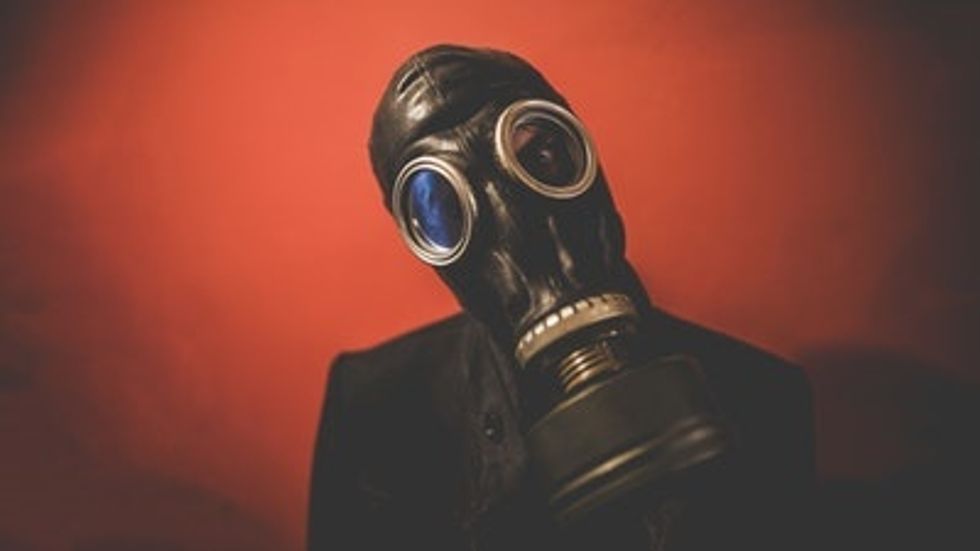I often hear people talk about their "toxic" traits or their "toxic" partner or a "toxic" relationship. But when you break down the word, toxic doesn't seem like an efficient way to talk about behaviors that have the capacity to shift and evolve.
What does toxic really mean? Merriam-Webster defines toxic as obtaining or being poisonous material especially when capable of causing death or serious debilitation. Cambridge Dictionary calls it poisonous. It is synonymous with fatal, deadly and venomous.
Put in a scientific context, how debilitating are our behaviors? This is not to say that people sometimes do awful things to their partners in their relationships. But what if, when we're talking about ourselves, we just call it a challenge.
A challenge is something you can overcome. With time, one can mend issues with communication, jealousy and many other issues that impact relationships. When you call your own behaviors toxic, it feeds a narrative that things will not change.
When we consider the language we use to describe our problems, they can seem insurmountable when very strong words are used.
Now, there are such things as toxicity in relationships. There are many situations in which partners are very emotionally draining or even abusive and neglectful. The point is that the word is so overused sometimes to generalize statements about behaviors that have the capacity to be worked on.
Is it toxicity or a toxic occurrence? Is it something that can be worked on? It goes the same for looking back on past relationships. Was the whole thing toxic, or was there an exchange of actions that contributed to dysfunction?
Sometimes the word toxic is warranted. Other times, the issues need to be managed in a mature way.
The next time you describe a trait you have as toxic, think about calling it something to work on, or something that you want to change. You may find that it changes your perception of yourself from something negative, to something workable.



















